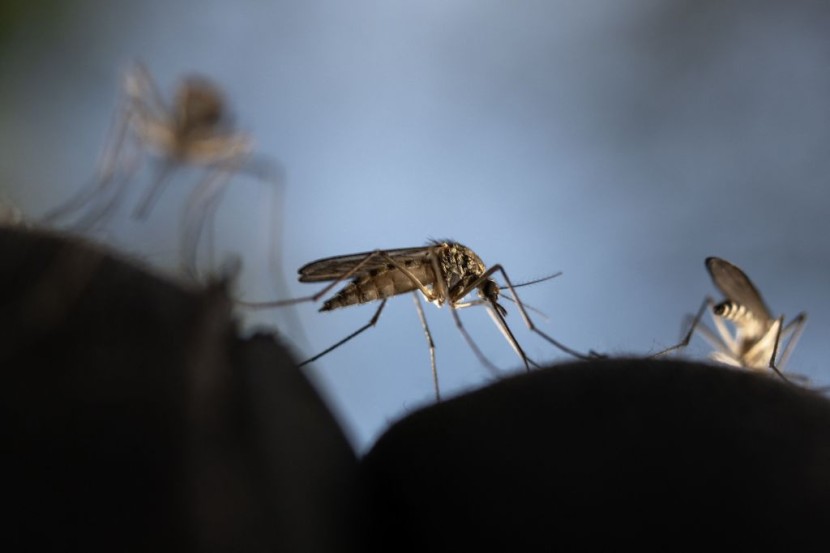
Jamaican health officials confirmed a dengue outbreak in the Caribbean on Saturday after at least 565 suspected, presumed, and confirmed cases.
In a statement, the country's Ministry of Health and Wellness said that the latest outbreak comes as its National Surveillance Unit "advised that Jamaica has surpassed the dengue epidemic threshold for July and August." It added that the nation is on track to do the same for September.
Jamaica's Dengue Fever Outbreak
Officials added that the current dominant strain is Dengue Type 2, which last predominated in 2010. The statement said that there are currently no dengue-related deaths that officials have recorded. However, there are six deaths that they are currently investigating for any relation to the deadly disease.
Jamaican health officials noted that there are currently at least 78 confirmed cases of the mosquito-borne disease across the country. The Ministry of Health and Wellness added that roughly 500 temporary vector control workers have been engaged and deployed across the island in high-risk communities and 213 permanent workers, as per the New York Post.
The Centers for Disease Control and Prevention (CDC) also said dengue viruses are "spread to people through the bite of an infected Aedes species mosquito." The health agency warned that roughly one in four infected people will get sick, developing mild symptoms including nausea, vomiting, rash, aches, and pains.
The CDC also warned that about one in 20 people infected by the disease will develop severe dengue, which officials said can result in shock, internal bleeding, and sometimes death. The Minister of Health in Jamaica, Christopher Tufton, said that the Ministry and Regional Health Authorities have prepared for a potential outbreak.
The Ministry also warned the Jamaican public that the Aedes aegypti mosquito breeds in any containerized environment that can hold water. This includes drums, tires, buckets, and animal feeding containers.
Addressing the Spread of the Disease
Additionally, it urged the people of Jamaica to play their part in ensuring that the cases are minimized by monitoring water storage containers for mosquito breeding and keeping surroundings free of debris. According to Fox News, they can also destroy or treat potential mosquito breeding sites and wear protective clothing, use mosquito repellent, and stay indoors as much as possible to minimize contact with the insects.
While there are cases of severe dengue that can lead to death, treatment for the disease is rest and adequate hydration. These are usually sufficient to help a patient get through the illness, while health professionals recommend treating fever with acetaminophen or paracetamol.
The Ministry also recommended the public not to use aspirin, diclofenac, ibuprofen, or any of the medications or pain relievers known as non-steroidal anti-inflammatory drugs (NSAIDs).
Officials said that when used to treat dengue fever, these drugs have been known to increase the severity of the disease. Chief Medical Officer Dr. Jacquiline Bisasor McKenzie also cautioned that severe dengue can cause organ failure and result in severe fluid depletion, said Outbreak News Today.
Related Article: CDC Recommends Pfizer's Maternal Vaccine for RSV








